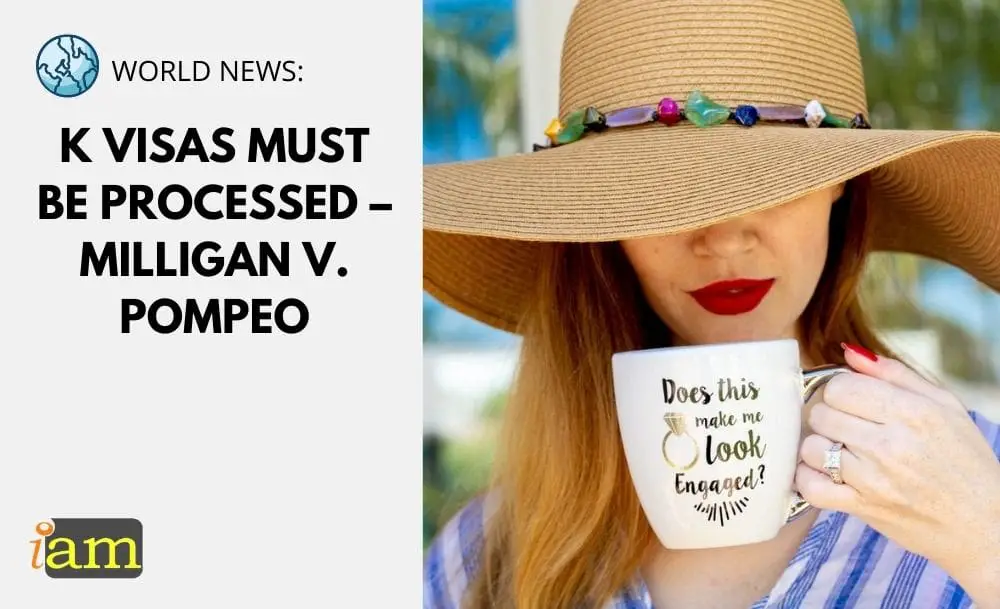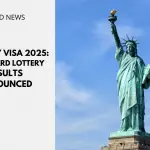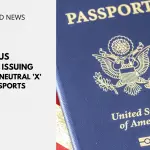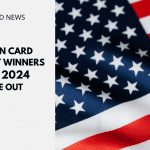K Visas Must Be Processed – Milligan v. Pompeo

DOS Issues Statement In Compliance with K Visa Injunction in Milligan v. Pompeo
Despite the US State Department issuing a statement in September that K visa processing is to resume urgently, K visa applicants have still faced issues obtaining a visa due to the Coronavirus proclamations. The good news is that these types of applicants have won a preliminary injunction against the US Department of State in the case Daniel Milligan, et al., v. Michael Pompeo et al.
In response, the Department of State has issued a statement explaining how it will comply with the preliminary injunction issued by the federal judge in that case.
In, Daniel Milligan, et al., v. Michael Pompeo et al a federal judge issued a preliminary injunction prohibiting the Department of State from relying on the Coronavirus proclamations to suspend K-visa adjudications for those residing in the Schengen countries, the United Kingdom, Ireland, China, Iran, and Brazil.
The judgement stopped short of issuing a broad injunction that would stop the US travel ban for K visa applicants that are subject to these proclamations.
The injunction means that the US government must proceed with K visa processing. But once a K visa has been issued, applicants living in in the Schengen countries, the United Kingdom, Ireland, China, Iran, and Brazil will still not be able to enter the United States unless they meet a national interest exception or they travel through a non-impacted country.
The injunction only stops the government from refusing to process K visas based on the Coronavirus proclamations.
What are the K visa categories?
K visas are US visas created for international citizens who are married or plan to marry a citizen of the United States. For those not married, It is referred to as the fiancé(e) K-1 nonimmigrant visa.
The K-1 visa allows the foreign-citizen fiancé(e)s to travel to the United States and marry his or her U.S. national, or Lawful Permanent Resident (LPRs), within 90 days of arrival.
The United States K visas are categorised into four main types: K1 visas, K-2 visas, K-3 and K-4 visas.
The K-1 visa is for overseas national fiancés to enable them to temporarily enter the US for the purpose to marry their petitioning, US citizen fiancé.
K-2 visas permit overseas national fiancés to bring your children with you into the United States.
But, the applicant must be aware that both K-1 and K-2 visas have specific requirements and guidelines, which must be seen.
K-3 visas are awarded to spouses of US citizens from a foreign country, whereas K-4 visas are for spouses of US citizens to bring your children.
K-3 & K-4 visas are for entering the U.S. to apply for lawful permanent resident status.
The Process of getting a K visa
To obtain a K-1 visa, the U.S. citizen fiancé(e) must file a a Petition for Alien Fiancé(e) (Form I-129F), with a domestic office of the United States Citizenship and Immigration Services (USCIS).
USCIS then reviews the form for completeness and requests additional documentation as needed. Once USCIS determines that the U.S. citizen has established the foreign-born fiancé(e)’s eligibility for the visa, it sends the application to the State Department’s National Visa Center (NVC) for further processing.
After NVC receives an approved application from USCIS, it creates a case in the State Department’s electronic application system. It then forwards the case to the U.S. Embassy or Consulate where the foreign-born fiancé(e) will apply and interview for a K-1 visa (generally, where the foreign-born fiancé(e) resides).
The U.S. Embassy or Consulate, once in receipt of the case, schedules an interview with the foreign-born fiancé(e). A State Department consular officer then conducts that interview, reviews forms and documentation that the couple have provided, and determines whether the fiancé(e) qualifies for the K-1 visa.
If the consular officer grants the visa, it is valid for up to six months, but it “does not guarantee admission to the United States.” Rather, “[a] CBP (Customs and Border Protection) officer at the port of entry . . . make[s] the ultimate decision about whether to admit [the] fiancé(e).”
After entering the United States, the couple have 90 days to get married, and the newlywed, foreign-born spouse can then apply for a Permanent Resident Card (otherwise known as a Green Card).
What are President Trump’s Coronavirus Presidential Proclamations?
In January President Trump began issuing a series of Coronavirus proclamations that restricted and suspended entry of immigrants and nonimmigrants, who were physically present within Brazil, China, the United Kingdom, Ireland, and Iran, during the 14 days preceding their entry or attempted entry into the United States.
These Coronavirus proclamations are as follows:
- China Visa Ban – Proclamation 9984 issued January 21, 2020 – No termination date
- Iran Visa Ban –Proclamation 9992 issued February 29, 2020 –No termination date
- European Schengen Area Visa Ban—Proclamation 9993 issued March 11, 2020—No termination date
- Ireland and UK Visa Ban –Proclamation 9996 issued March 14, 2020 –No termination date
- Brazil Visa Ban—Proclamation 10041 issued May 25, 2020 –No termination date
After these proclamations were made, US Embassies and Consulates worldwide shut down and stopped adjudicating visas, including K visas. The resumption of visa processing applications at US Embassies and Consulates began processing visa applications again on 15th July.
Nonetheless, K visa applicants were still facing barriers in the submission of their applications with a number of consulates stating that they were not processing K visas. The US State Department then issued a statement confirming that on 28th August, Embassies and Consulates began processing K visas.
Unfortunately, many couples still faced barriers in submitting their applications and scheduling interviews. In response, 153 U.S. Citizens and their foreign fiancés brought suit against the United States government in the case Daniel Milligan, et al., v. Michael Pompeo et al.
US Department Of State made to comply with injunction to start processing K Visas
To comply with the preliminary injunction, the Department of State has released a statement saying that K-1 visa applicants that are named plaintiffs in Milligan v. Pompeo, and subject to a regional proclamation, should contact your nearest Embassy or Consulate for guidance on scheduling a visa interview.
The statement confirms that regardless that you are caught in a COVID-related regional proclamation, you can still be scheduled for a visa interview. The decision of the court order does not require that plaintiffs in Milligan v. Pompeo to be given any special priority ahead of other K visa applicants that have been scheduled or requested visa interviews.
Once you are issued a K-1 visa, you will still need to comply with the Presidential Proclamations. Therefore, unless you are able to meet the criteria for a national interest exception, or you are travelling through another country, you are barred from entering the United States. If you have been present in a country covered by a regional Proclamations in the 14 days before entry, you will be prevented from entering. Check out how to avoid the US travel ban after you have obtained your K visa.
If you don’t live in one of the areas covered by the Presidential Proclamations, you will continue to have your application prioritise and processed in line with the existing phased resumption of visa services guidance.
Have any questions about the travel ban? And have you been affected by the restrictions on K visas? Comment below.
IaM can help with your visa application to the United States, the UK & other countries
If you need help with a US visa, a UK Visa, or visa to Europe, including help with appointment booking obligations, IaM can help. For more information and advice on US immigration, UK immigration law and US visa applications or if you need any help or assistance please, reach out to your Visa Coordinator at IaM.











